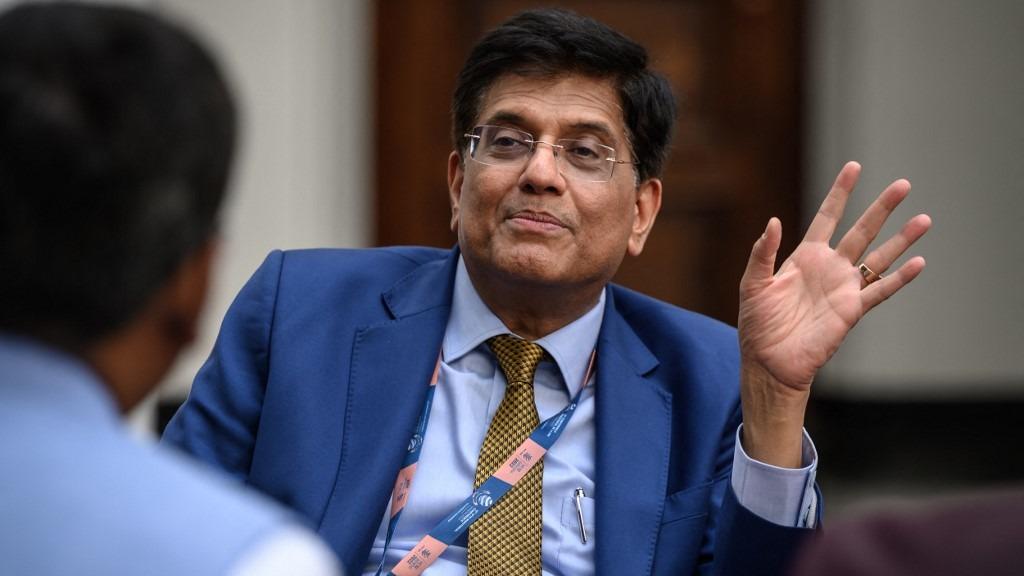 In this file photo dated Jun 16, 2022, Indian Minister of Commerce Piyush Goyal reacts at the World Trade Organization headquarters’ during the 12th WTO Ministerial Conference in Geneva. (PHOTO / AFP)
In this file photo dated Jun 16, 2022, Indian Minister of Commerce Piyush Goyal reacts at the World Trade Organization headquarters’ during the 12th WTO Ministerial Conference in Geneva. (PHOTO / AFP)
GENEVA — A World Trade Organization panel said on Monday that India had violated global trading rules in a dispute with the European Union, Japan over import duties on IT products.
"We recommend that India bring such measures into conformity with its obligations," the WTO panel's report said.
India's diplomatic mission in Geneva did not immediately respond to a request for comment on whether it would appeal against the ruling
In 2019, the EU challenged India's introduction of import duties of between 7.5 percent and 20 percent for a wide range of IT products, such as mobile phones and components, as well as integrated circuits, saying they exceeded the maximum rate. Japan filed similar complaints that same year.
READ MORE: US officials say hopes for trade deal fade on India tariff concern
The EU is India's third largest trading partner, accounting for 10.8 percent of total Indian trade in 2021, according to the European Commission.
Brussels said in a statement that up to 600 million euros ($654.66 million) of its exports were directly affected by India's tariffs on an annual basis.
"Respect for the rules-based trading system is vital for a good trade relationship," its trade department added in a tweet, describing the tariffs as "illegal".
READ MORE: India to impose tariffs on some US goods in September
India's diplomatic mission in Geneva did not immediately respond to a request for comment on whether it would appeal against the ruling. If it does, the case will sit in legal purgatory since the WTO's top appeals bench is no longer functioning due to US opposition to judge appointments.
The WTO panel said that India had already brought some of the challenged tariffs into line with global trading rules since last year. While the panel broadly backed the complaints against India, it rejected one of Japan's claims that New Delhi's customs notification lacked "predictability".


